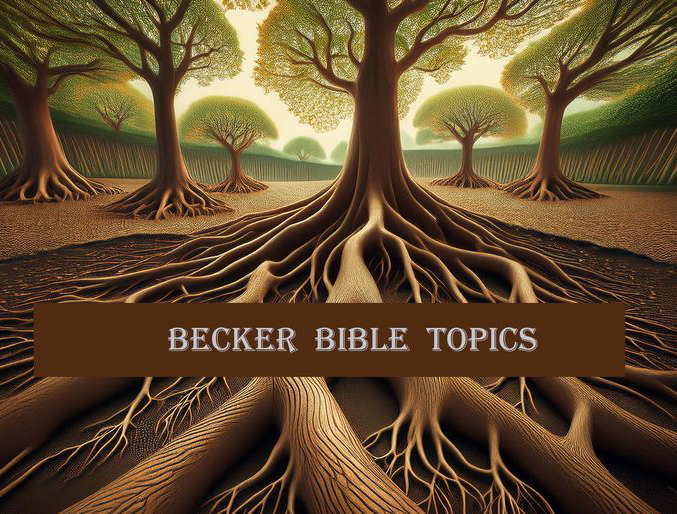
Written by Luke… Luke 1:1-4; Acts 1:1, 2

Written by Luke… Luke 1:1-4; Acts 1:1, 2

A literary device using the Hebrew alphabet:
illustrated best in Hebrew… Psalms 119:1-176

Plowing of, by a yoke of oxen… 1 Samuel 14:14
Descriptive of barrenness… Isaiah 5:10

Not possible with the wicked… Nahum 1:3
Sought by the righteous… Job 7: 21
Difficulty of obtaining… Job 9: 28-31

With God, gives peace… Job 22:21
Deserted by… Psalms 31:11
Made an abomination… Psalms 88:8, 18
Jesus sought among… Luke 2:44
Stand afar off from Christ… Luke 23:49
Come to Paul… Acts 24:23
Of God, with man’s ways… Psalms 139:3

Evil objects of:
Sin… Psalms 32:5
Transgressions… Psalms 51:3
Iniquity… Jeremiah 3:13
Wickedness… Jeremiah 14:20
Good objects of:
God… Proverbs 3:6
God’s might… Isaiah 33:13
God’s people… Isaiah 61:9
God’s mystery… Colossians 2:2
God’s truth… 2 Timothy 2:25
The apostles… 1 Corinthians 14:37
Christian leaders… 1 Corinthians 16:18

1. City of Judah… Joshua 15:44
Also called Chezib… Genesis 38:5
2. Town of Asher… Joshua 19:29

A royal city of Canaan… Joshua 11:1
Captured by Joshua… Joshua 12:.7, 20
Assigned to Asher… Joshua 19:24. 25

A daughter of Caleb… 1 Chronicles 2:49
Given to Othniel… Joshua 15:16-19
Given springs of water… Judges 1:12-15

Site of Achan’s stoning… Joshua 7:24-26
On Judah’s boundary… Joshua 15:7
Promises concerning… Isaiah 65:10